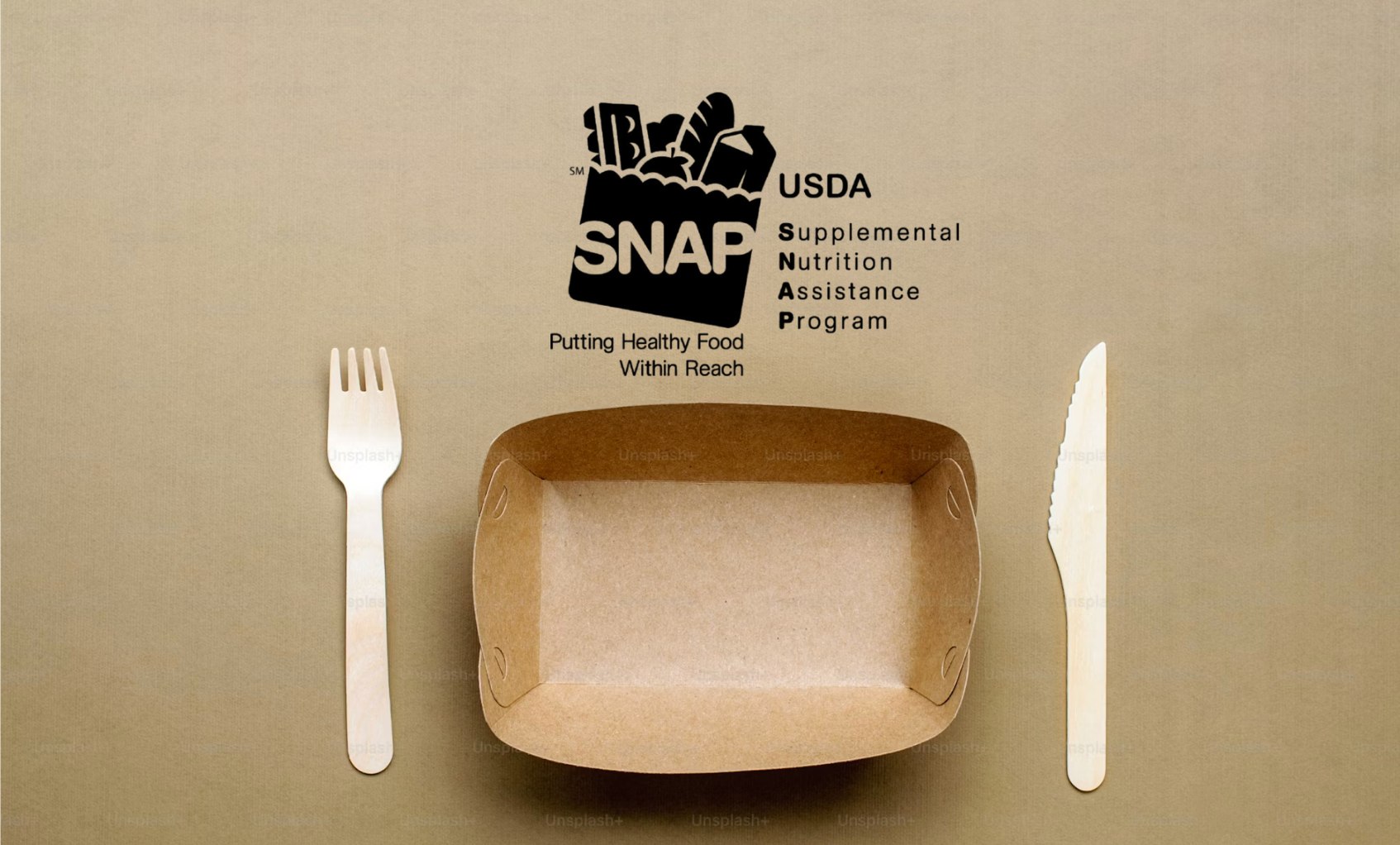I Plead the Second: Gun Rights Legislation in the US
Featured Policy Brief
Since the ratification of the Constitution in 1788, the rights codified in the Bill of Rights have been fiercely protected by the American people. However, interpretations of those rights often differ as people, society, and governmental structure changes. One of the most fraught amendments is the Second Amendment, which preserves the right to bear arms. While the debate over gun rights and restriction is not likely to be resolved in the near future, ongoing efforts to protect the lives of American citizens and limit gun violence may change the way our rights are protected.



.jpg)
.jpg)
.jpg)
.jpg)













.svg)





.jpg)


.jpeg)








.jpeg)




